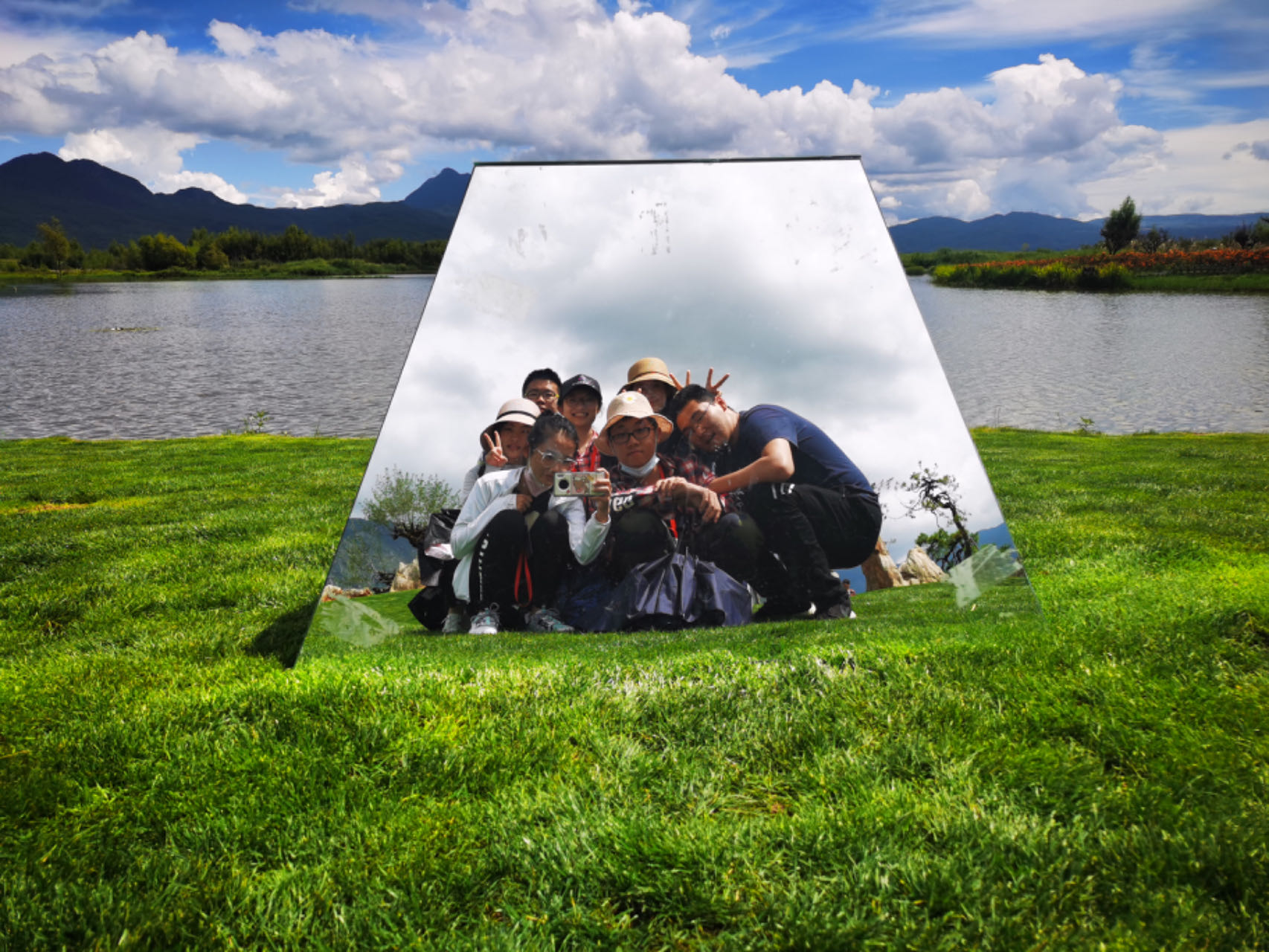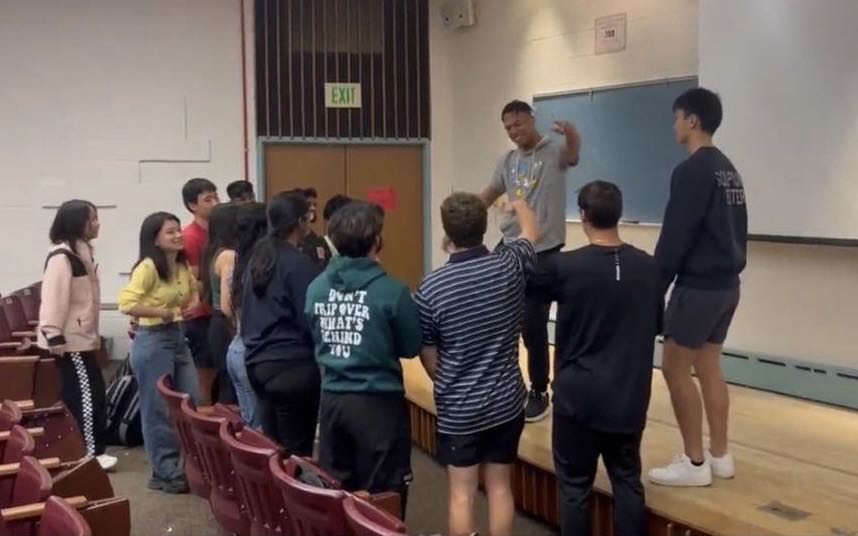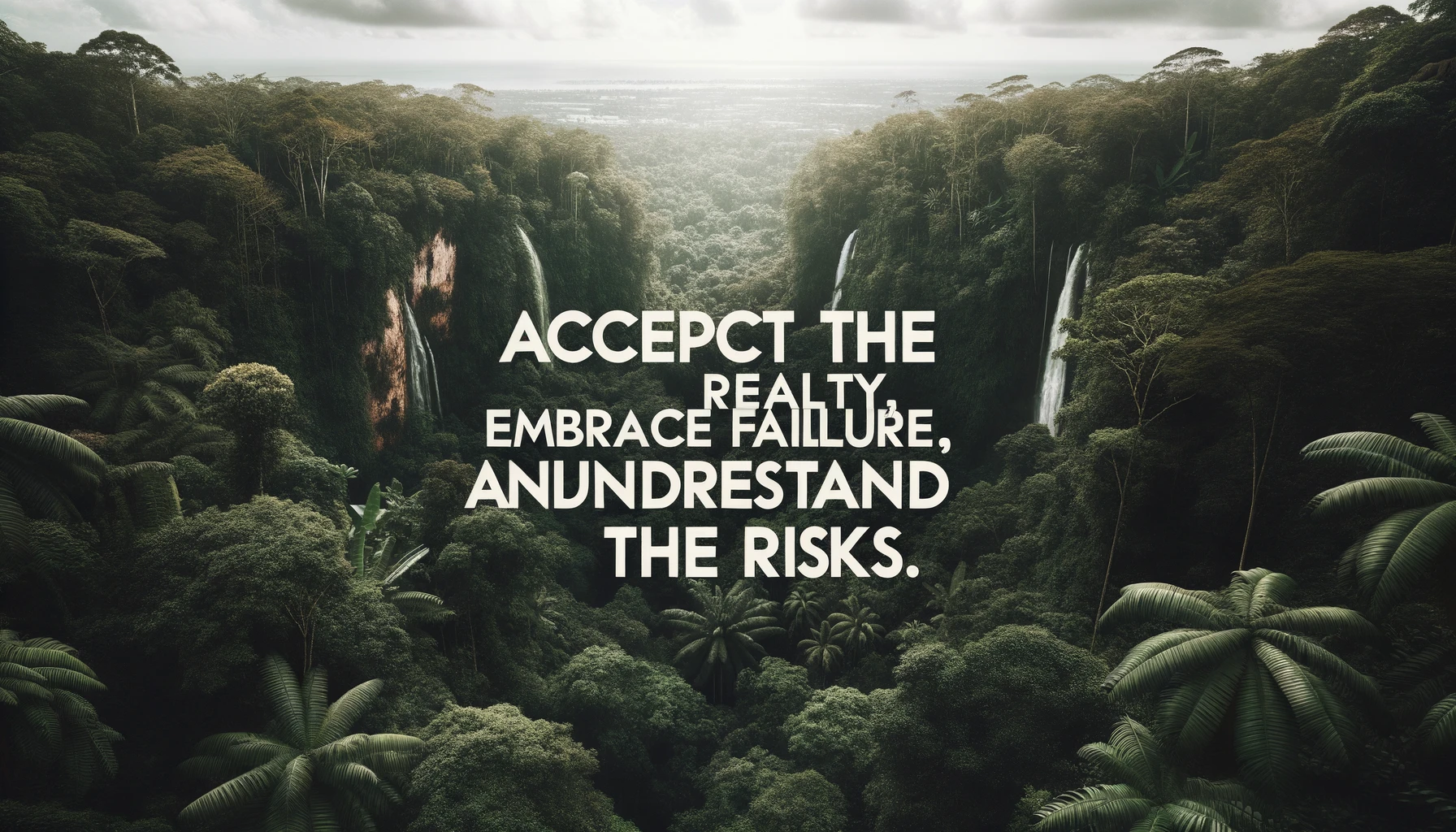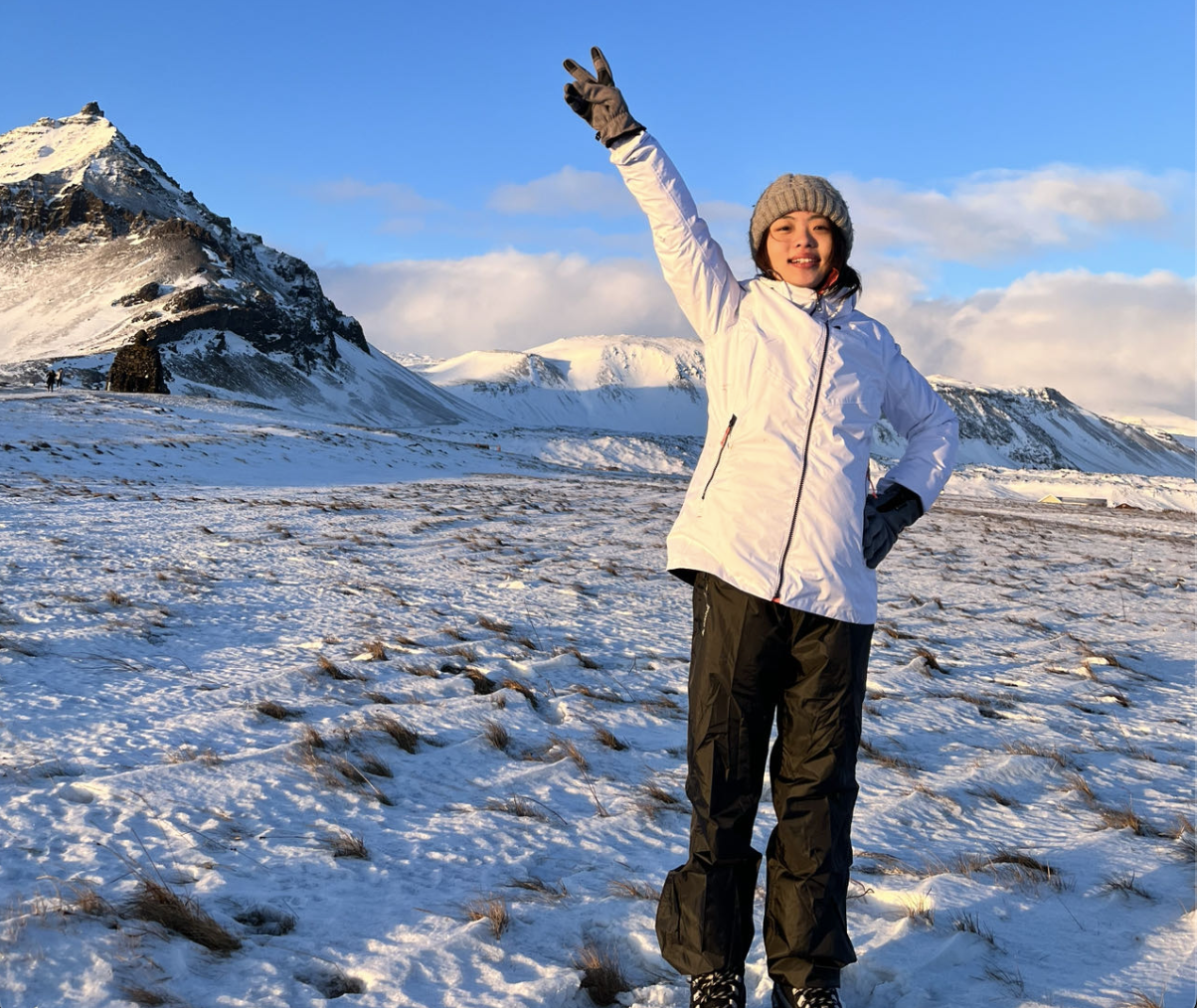What I want to change
To Unmask Reality
What do I want to change?
I aspire to draw closer to reality, which entails seeing things, people, and myself in a true light.
Previously, I often donned a “mask” in social interactions and while handling various matters. Sometimes, to protect my own psyche or to gain recognition, I’d cover my true self. For instance, when I deeply appreciate someone, I yearn for their recognition. However, this desire for approval could lead me to hide my true self, especially if I believe that my authentic self isn’t worthy of acknowledgment. In the future, even when I encounter someone and feel the need for recognition, I hope to face them with my true self. This way, I can receive clear feedback, be it good or bad, allowing me to understand myself better and make accurate decisions later on.
In life, I yearn to make decisions based on the current situation, rather than being driven by past fears. For instance, when I lack self-confidence, I am terrified of rejection. I often mistook rejection as a negation of my self-worth, a misconception stemming from my childhood when my parents frequently neglected me, leading me to believe that even if I asked for help, I would be turned away.
However, in reality, seeking help is an essential step in building relationships. For me, I am deeply grateful to those who have helped me, and I also genuinely enjoy assisting others. In helping others, I also see my own value. But there are times when I may reject someone due to various reasons, but this doesn’t mean I dislike them. Sometimes it’s just for personal reasons, like not having enough time. On the contrary, I greatly admire those who dare to try. Therefore, I should approach rejection with an open mind, recognizing that there can be a myriad of reasons behind a refusal, rather than associating it with my self-worth. I should seek assistance with the intention of establishing connections, and ultimately, I believe this approach will lead to a win-win situation. This is another aspect I want to change.
Why?
Although past tendencies of “self-masking” and “avoidance” provided me short-term relief by alleviating anxiety, they also stunted my growth. I was like a bird hiding in the crevices, avoiding facing the real world. I once watched a video explaining that one of the reasons we feel unhappy is due to conflicts—conflicts where the present feeling tells you can do something, but deep-rooted ideologies, others’ judgment standards, or internalized thoughts from others tell you otherwise. Hence, I yearn to see the “truth” and let truth shatter these ideologies and judgments.
How does Improv Help?
Improvisation has taught me to focus on interactions with current elements. One of the core principles of improv is “listening” in The Upright Citizens Brigade comedy improvisation manual. In Improv, we need to constantly pay attention to sudden changes made by other characters, and then act according to those changes. This practice encourages me to be present, open, and adaptive, honing our ability to respond to the nuances of different scenarios.
In real life, I hope I can make decisions based on the current situation (not past similar situations) . While they may appear the same, they are different and require responses based on the actual scenario. The principle of “listening” in improv trains me to tune into the present moment and adapt swiftly, fostering a more accurate understanding of the reality unfolding around me.
What needs to be accepted?
Accepting the true risks and all feelings, including fear, is essential. Choosing to face reality may bring a transient sense of insecurity, but I believe it will yield a stronger sense of security in the long run.
For instance, I fear bee stings, considering them lethal, until I get stung and realize the fatality rate is extremely low. The mortality rate from bee stings is significantly lower than the mortality rates associated with traveling by plane or train. When I realized this, I also came to understand that insects aren’t frightening, I gradually dared to interact with nature.
Accepting reality as it is, without resistance. The Powerful Practice of Accepting Reality explains, “Let them be as they are. Create a more friendly, acceptance-based relationship with your internal states. Stop resisting. Like quicksand, the more you struggle against these emotions and thoughts, the further you’ll sink.”
Accepting failure. I know that acceptance is often seen as a sign of defeat. A piece from Forbes mentions, “Take a close enough look at any life of note, and you’ll quickly discover a legacy of failure. However, it’s important to distinguish between failed attempts and failure as a person” Why You Should Embrace Failure.
For example, due to the standardized-answer education I experienced before, failure was not encouraged. If I could originally score 100 points but got 99, I would be upset. However, carrying this mentality into life led to procrastination as I always aimed for perfection. It wasn’t until I came across a viewpoint expressed by my idol, Elon Musk, about executing tasks in an “iterative manner”, emphasizing speed over “good”, that I started to shift my perspective. The essence is to first complete an outline, then obtain feedback through multiple iterations, make adjustments, and grow from there. This iterative approach is akin to his Starlink project. Despite numerous failures, it is now nearing success. Accepting failure is crucial as it’s an integral component of success.
Conclusion
Every step, be it towards success or failure, takes you closer to reality. As the saying I cherish goes, “The sun will rise, and I will try again.” This mantra encourages me to verify my ideas through practice, gain experience, and reflect, promoting genuine growth.
I hope in the future, I am not only unmasking reality but also unveiling a more authentic version of myself, moving towards a life filled with deeper relationships and a better understanding of the world around me.
